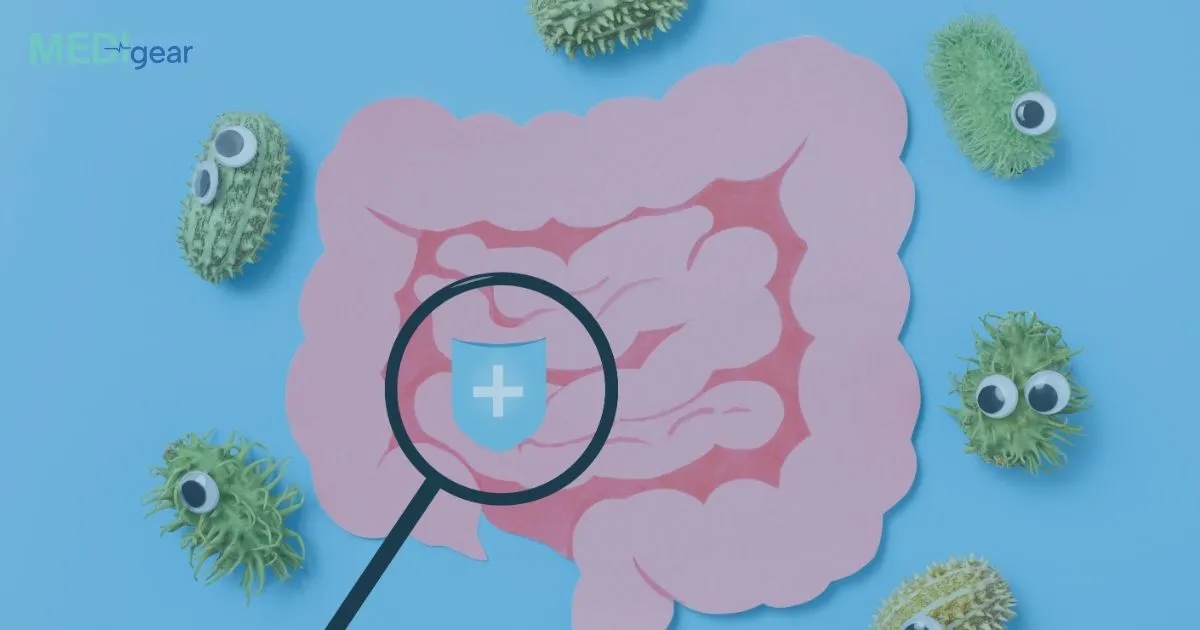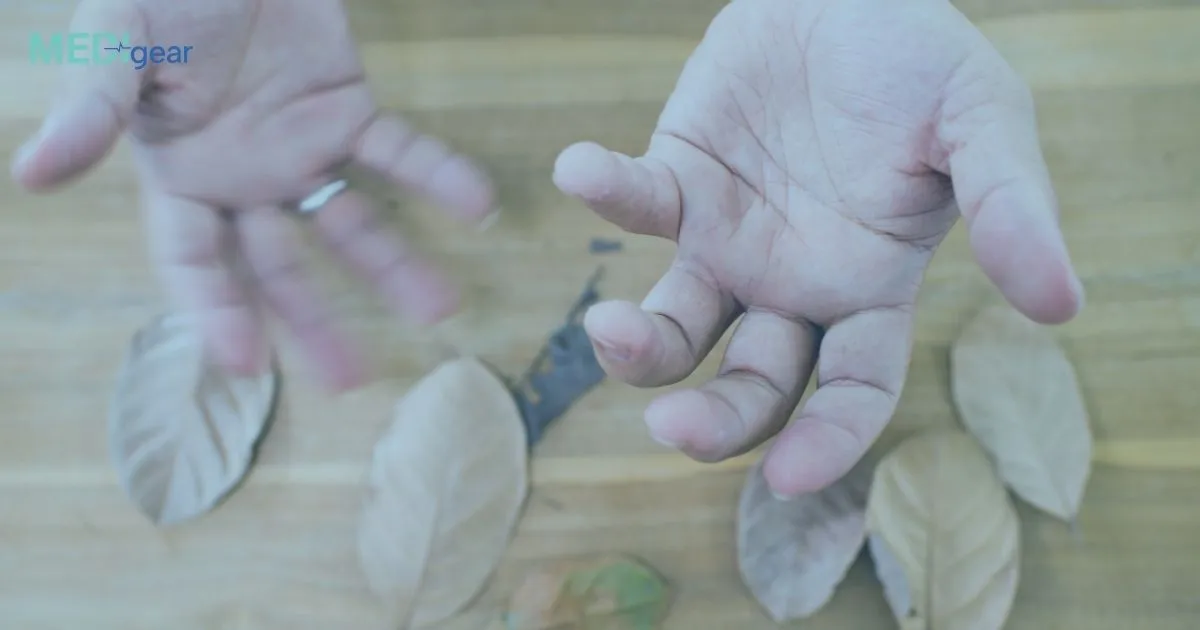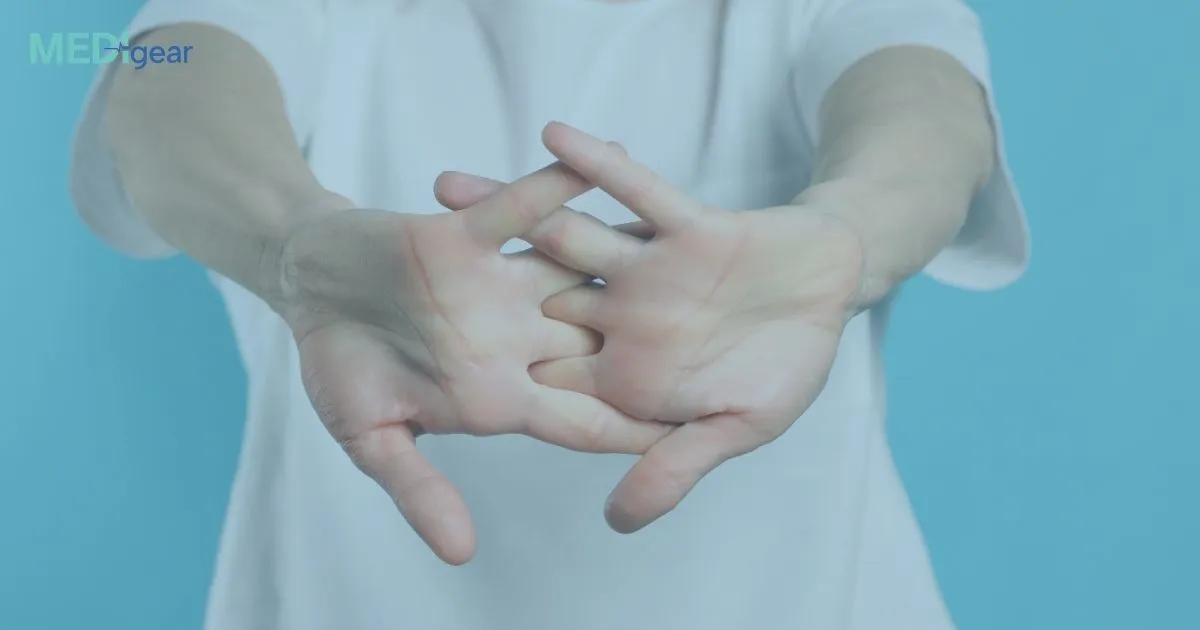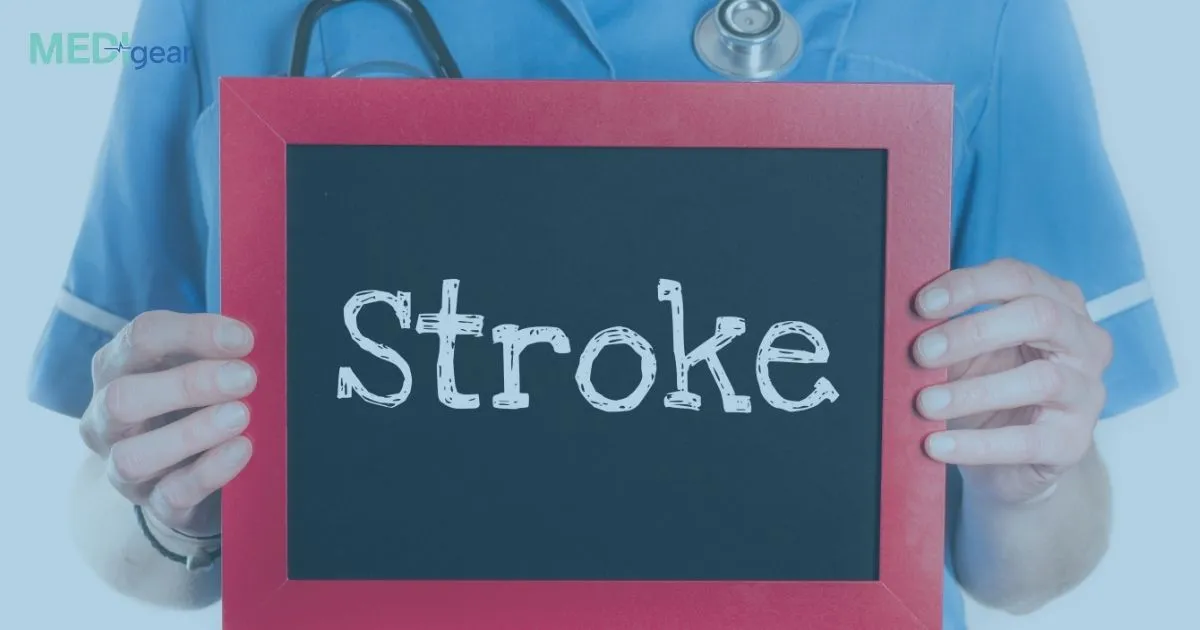1. Introduction
High blood pressure, or hypertension, is often called the “silent killer” because it can cause serious health problems without obvious symptoms. When left untreated, it can progressively damage the heart, brain, kidneys, and other organs. Understanding the long-term consequences is essential for prevention and management.
2. How High Blood Pressure Affects the Body
Blood pressure measures the force of blood pushing against artery walls. Consistently elevated pressure strains the cardiovascular system, leading to structural and functional damage in multiple organs.
Key mechanisms include:
- Endothelial damage: High pressure injures the lining of blood vessels, promoting atherosclerosis.
- Increased cardiac workload: The heart must pump harder, leading to hypertrophy (enlargement) and eventual dysfunction.
- Microvascular damage: Small blood vessels in the kidneys, brain, and eyes are particularly vulnerable.
3. Long-Term Effects of Untreated High Blood Pressure
3.1 Cardiovascular Complications
Heart Disease:
- Chronic hypertension is a major risk factor for coronary artery disease (CAD). Plaque buildup in arteries can lead to angina or heart attacks.
Heart Failure:
- Persistent high blood pressure causes the heart’s left ventricle to thicken (left ventricular hypertrophy), reducing efficiency and eventually causing heart failure.
Aneurysms:
- High pressure weakens arterial walls, increasing the risk of aneurysms, which can rupture and be life-threatening.
3.2 Stroke and Cerebrovascular Damage
- Hypertension increases the risk of ischemic stroke (blocked arteries) and hemorrhagic stroke (bleeding in the brain).
- Chronic high blood pressure can lead to vascular dementia due to reduced blood flow and microvascular damage in the brain.
3.3 Kidney Damage (Chronic Kidney Disease)
- The kidneys’ filtering units (nephrons) are sensitive to high pressure. Untreated hypertension can cause nephrosclerosis, reduced kidney function, and eventually end-stage renal disease, requiring dialysis or transplantation.
3.4 Eye Damage (Hypertensive Retinopathy)
- High blood pressure damages retinal blood vessels, leading to vision problems.
- Severe untreated hypertension can cause retinal hemorrhages, optic nerve damage, and even permanent vision loss.
3.5 Metabolic and Other Organ Effects
- Hypertension contributes to atherosclerosis, which affects multiple organs.
- Long-term high blood pressure can increase the risk of peripheral artery disease (PAD), affecting circulation in the limbs.
- Chronic hypertension may exacerbate conditions like diabetes and sleep apnea, creating a vicious cycle of organ damage.
4. Compounding Risk Factors
The risk of long-term complications rises with:
- Smoking or tobacco use
- Obesity and sedentary lifestyle
- High salt or unhealthy diet
- Chronic stress and poor sleep
- Genetic predisposition and age
5. Prevention and Management
5.1 Lifestyle Modifications
- Maintain a balanced diet (DASH or Mediterranean diet)
- Reduce salt and processed food intake
- Engage in regular physical activity
- Limit alcohol and quit smoking
- Manage stress through mindfulness or relaxation techniques
5.2 Medical Treatment
- Antihypertensive medications may include ACE inhibitors, beta-blockers, calcium channel blockers, or diuretics.
- Regular blood pressure monitoring and check-ups are crucial for early detection and prevention of long-term damage.
6. Conclusion
Untreated high blood pressure can silently damage multiple organs, leading to heart disease, stroke, kidney failure, and vision loss. Early detection, lifestyle changes, and medical management are key to preventing these life-threatening complications. Recognizing hypertension as a chronic condition requiring ongoing attention is essential for long-term health.






